NATIONAL MUSEUM OF NATURAL HISTORY
Five Free Natural History Programs Streaming in June
Stream these free programs from the Smithsonian’s National Museum of Natural History this June.
/https://tf-cmsv2-smithsonianmag-media.s3.amazonaws.com/blogging/featured/A_white_and_brown_Arctic_skua_on_a_rock..jpg)
A meet and greet with a new species of octopus; the sharks of the Galapagos Islands and a screening of “Feedback Loops: Albedo;” stream these free programs and more this June through the Smithsonian’s National Museum of Natural History.
Sharks of the Galapagos Islands
June 5, 11 a.m. ET
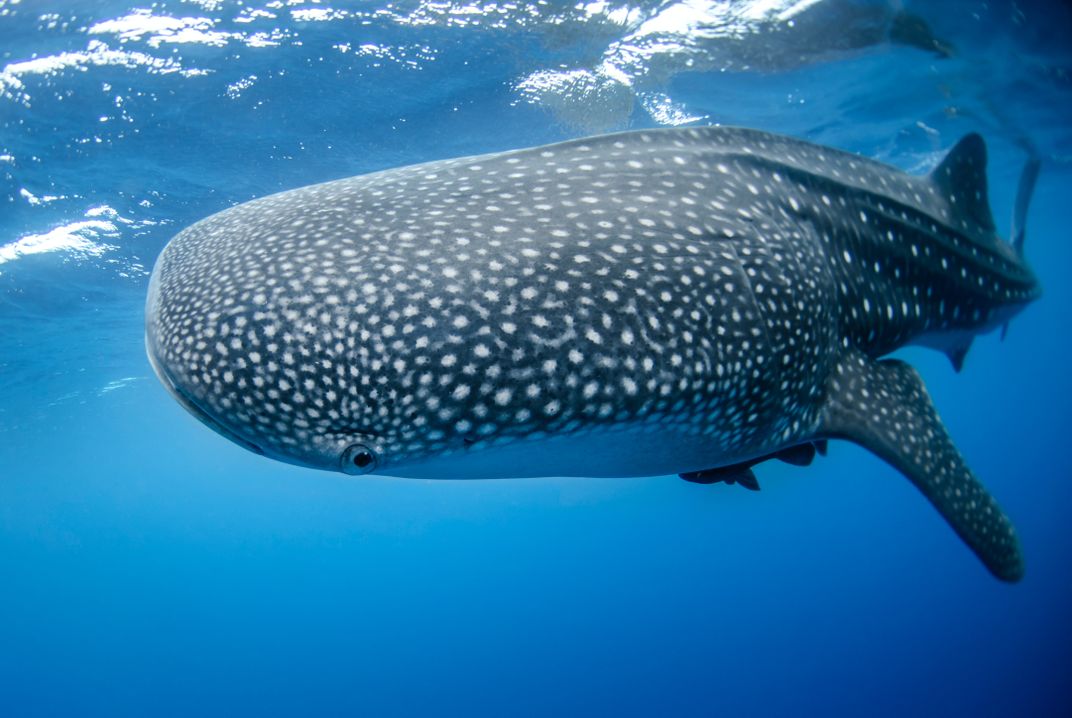
Join Ocean Educators Meaghan Cuddy and Lara Noren as they explore the variety of life that lives in the ocean. Learn about the Galapagos Islands’ marine habitat and discover the different shark species that live there.
This program is for families. It is part of the museum’s World Ocean Day celebration, which focuses on places that are critical to the health of the ocean around the globe.
June 8, 2 p.m. ET
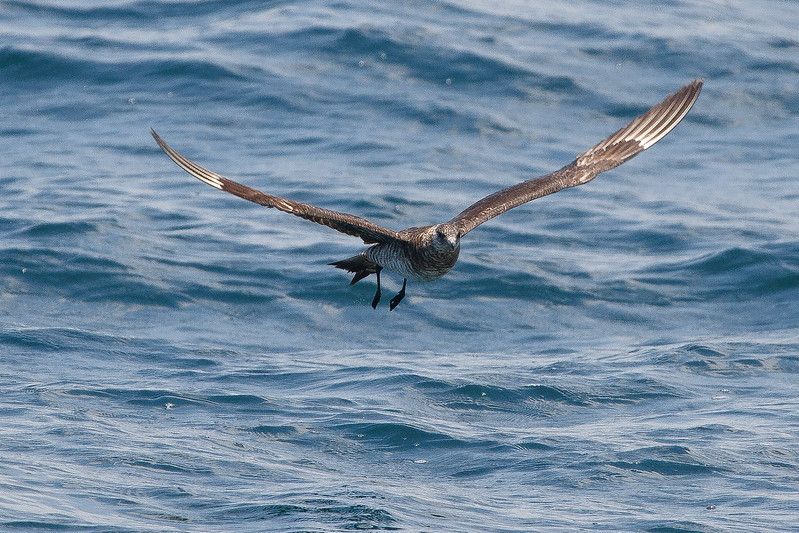
Not all birds migrate seasonally. But some birds, like jaegers, migrate thousands of miles across the open ocean every year. Celebrate World Ocean Day by following the migration stories of three sister species of jaegers – from their breeding grounds in the Arctic to locations around the globe. Autumn-Lynn Harrison, an ecologist and conservation biologist at the Smithsonian Migratory Bird Center, will narrate the stories and talk about how and why these birds travel the world.
This program is for learners of all ages, families, and classrooms. It will include polls, open-ended questions and a Q&A session. It is part of the museum’s World Ocean Day celebration, which focuses on places that are critical to the health of the ocean around the globe.
Say Hello to a New Species of Octopus
June 9, 1 p.m. ET
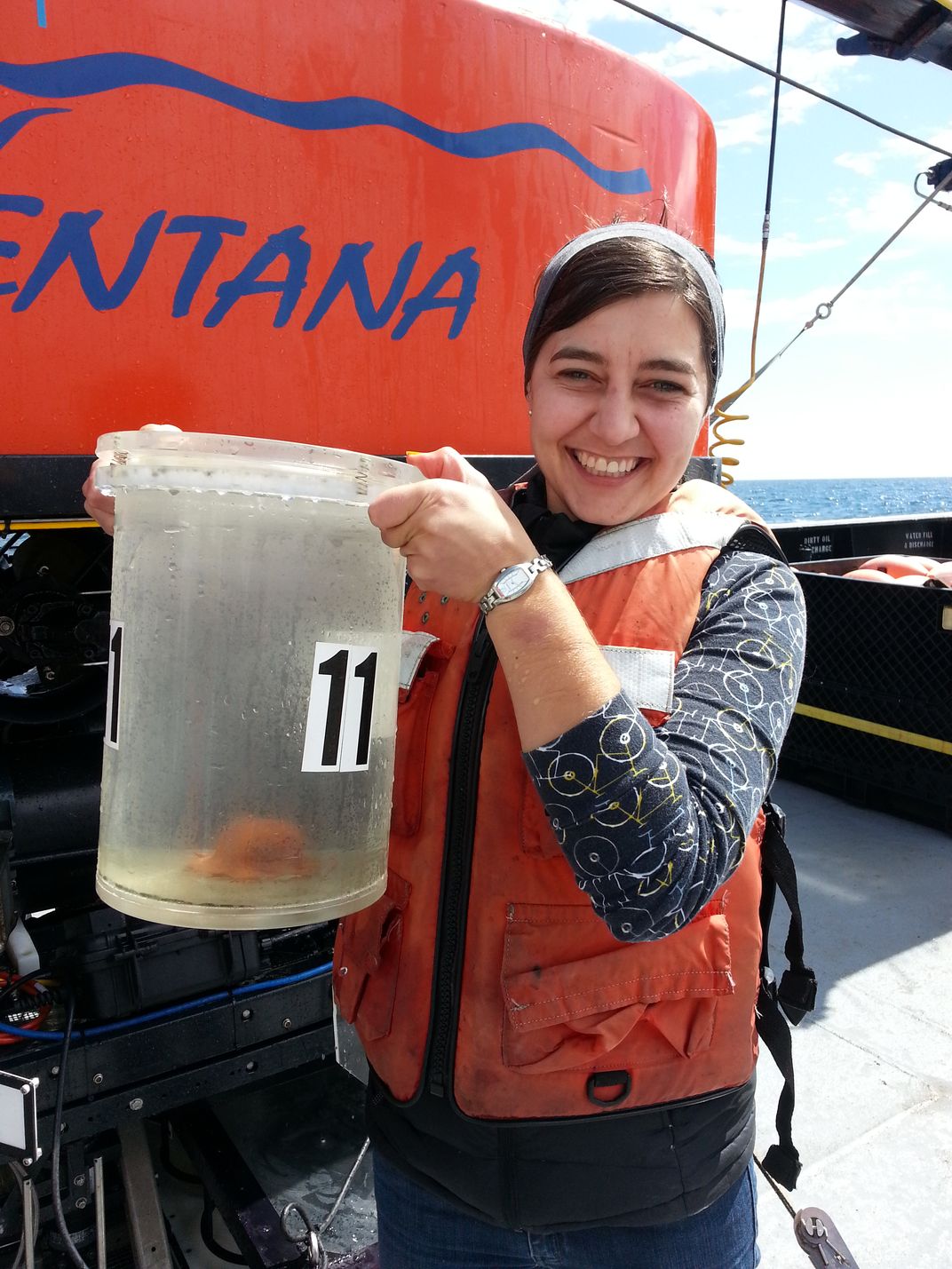
In 2015, Stephanie Bush, an invertebrate zoologist at the museum, led a team of scientists that described a new species of octopus so adorable that they named it adorabilis. Tune in for a meet and greet with Bush who will introduce adorabilis and the team from the Monterey Bay Aquarium and Monterey Bay Research Institute who made the discovery possible. Bush will also talk about why discovering new species gives her hope for the future of the planet.
This webinar is part of the museum’s Smithsonian Science How series. It is designed for students in grades 3-5 and will be approximately 45 minutes with interactive polls and Q&A. It is also part of the museum’s World Ocean Day celebration, which focuses on places that are critical to the health of the ocean around the globe.
A Virtual Film Screening and Discussion of “Feedback Loops: Albedo”
June 9, 5 p.m. ET
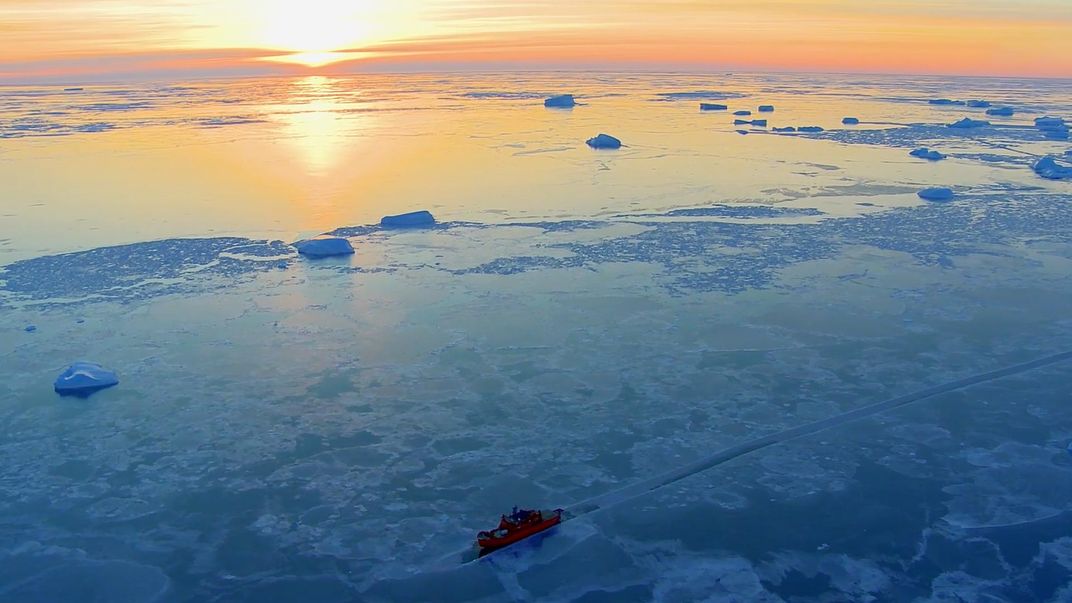
The reflectivity of snow and ice at the poles, called the albedo effect, is one of Earth’s most important cooling mechanisms. But global warming has reduced this reflectivity drastically, setting off a dangerous warming loop: as more Arctic ice and snow melt, the albedo effect decreases, further warming the Arctic and melting more ice and snow. The volume of Arctic ice has already shrunk 75% In the past 40 years, and scientists predict that the Arctic Ocean will be completely ice-free during the summer months by the end of the century.
Watch the film “Feedback Loops: Albedo” at your convenience after registering and then attend a virtual discussion on June 9 with Joellen Russell, an oceanographer and climate scientist at the University of Arizona; Sarah Zhou Rosengard, a professor of environmental chemistry at the School of the Art Institute of Chicago and Marika Holland, climate scientist at the Climate and Global Dynamics Laboratory. Julianna Olsson, an exhibit writer and editor at the museum will moderate the conversation.
This program is for adults. It is part of the four-part virtual series Natural History on the Big Screen: Feedback Loops, taking place monthly through August. It is also part of the museum’s World Ocean Day celebration, which focuses on places that are critical to the health of the ocean around the globe.
How Climate Change Affects Great Apes
June 17, 11:30 a.m. ET
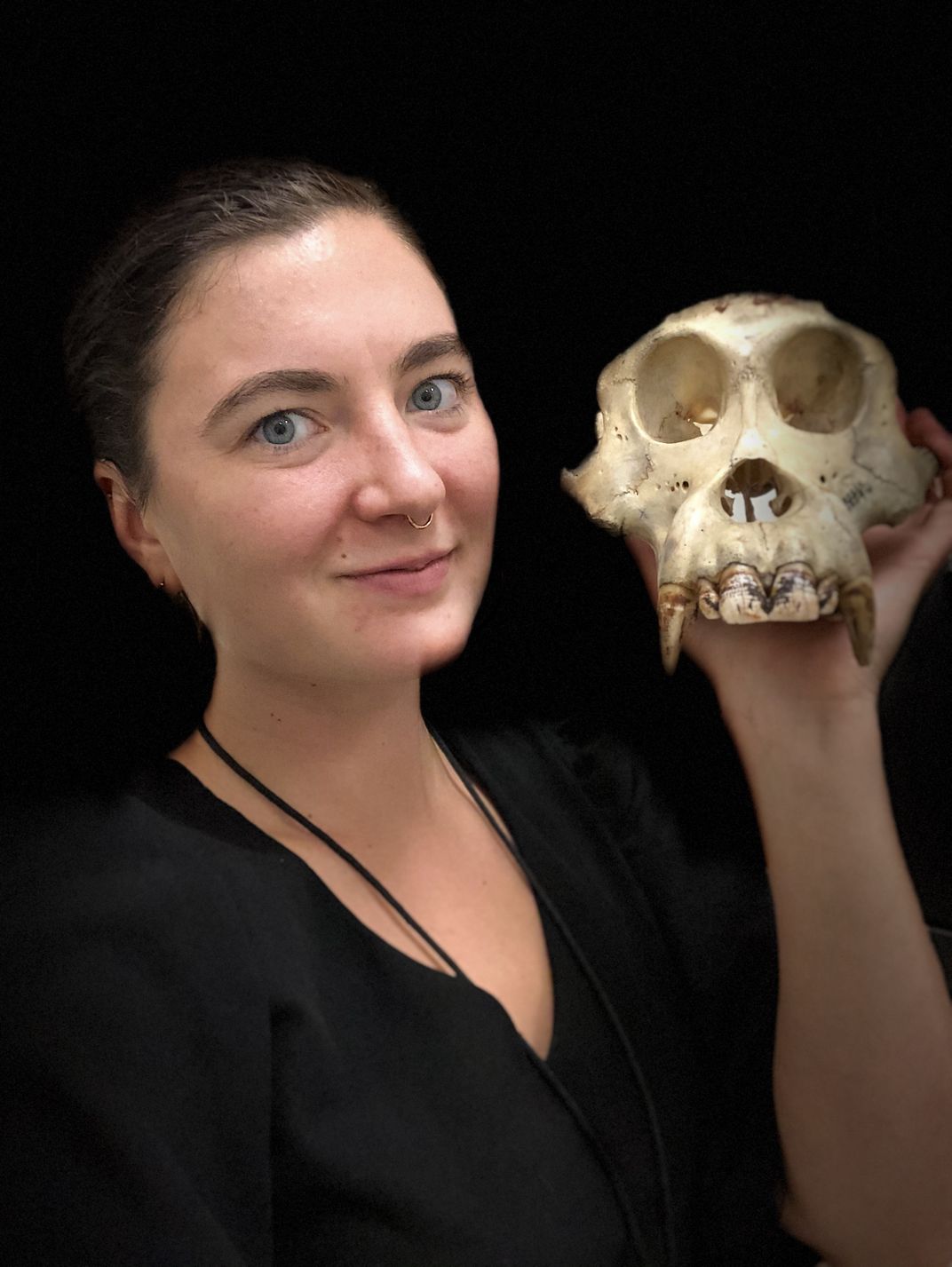
Human-driven global change is wreaking havoc on species everywhere. Great apes are no exception.
On June 17, tune in for a conversation with Alexandra Kralick, a PhD candidate studying biological anthropology at the University of Pennsylvania, who will talk about how she uses the museum’s orangutan skeletal collections to see how their bodies recorded stress, and how that stress is linked to climate change and deforestation.
This program is part of the museum’s ongoing HOT (Human Origins Today) Topic series. It is moderated by Briana Pobiner, a paleoanthropologist and educator at the museum.
Can’t make one of the programs? Check out the museum’s archive of past programs.
Related stories:
Seven Ways to Learn About Natural History From Home
Meet One of the Curators Behind Smithsonian’s 640,000 Birds
Rare Megamouth Shark Arrives at the Smithsonian
Landmark Study Shares Smithsonian Bird DNA Collected Over Three Decades
Get to Know the Scientist Discovering Deep Sea Squids

